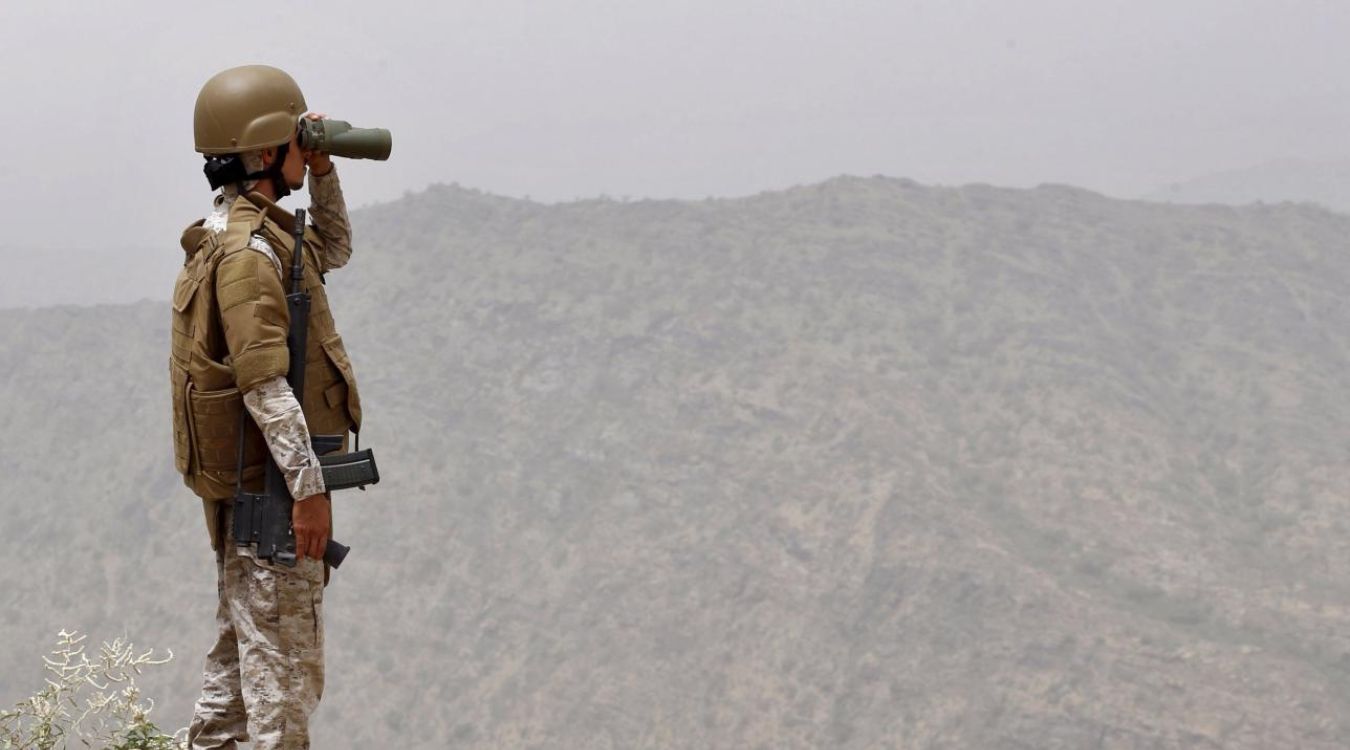
The Saudi–Yemeni War is a complex conflict with deep historical roots and significant geopolitical implications. Did you know that this war, which began in 2015, involves not just Saudi Arabia and Yemen but also a coalition of several other countries? One of the main reasons for the conflict is the struggle for power between the Yemeni government and the Houthi rebels. Interestingly, the war has led to one of the worst humanitarian crises in recent history, affecting millions of people. From airstrikes to blockades, the tactics used in this war have been both controversial and devastating. Understanding the key facts about this conflict can help shed light on its complexities and the reasons behind its prolonged nature.
Key Takeaways:
- The Saudi–Yemeni War began in 2015 when Saudi Arabia intervened in Yemen to support the internationally recognized government. The conflict has led to a devastating humanitarian crisis and global efforts for peace.
- The war has caused widespread suffering in Yemen, with millions in need of humanitarian aid. Despite ongoing violence, there are hopes for peace through international diplomacy and grassroots initiatives within Yemen.
Origins of the Saudi–Yemeni War
The Saudi–Yemeni War has deep historical roots and complex geopolitical dynamics. Understanding its origins helps grasp the broader context.
- The conflict began in 2015 when Saudi Arabia launched a military intervention in Yemen.
- This intervention aimed to restore the internationally recognized Yemeni government led by President Abdrabbuh Mansur Hadi.
- The Houthi movement, a Shia rebel group, had taken control of Yemen's capital, Sanaa, prompting Saudi Arabia's involvement.
- The Houthis are backed by Iran, which has fueled regional tensions between Sunni-majority Saudi Arabia and Shia-majority Iran.
- Yemen has a history of internal conflict, with the North and South Yemen unifying only in 1990.
Key Players in the Conflict
Several nations and groups play significant roles in the Saudi–Yemeni War, each with its own interests and objectives.
- Saudi Arabia leads a coalition of Arab states, including the UAE, Bahrain, Kuwait, and Egypt.
- The United States provides logistical and intelligence support to the Saudi-led coalition.
- Iran supports the Houthi rebels with weapons, training, and financial aid.
- Al-Qaeda in the Arabian Peninsula (AQAP) has exploited the chaos to expand its influence in Yemen.
- The Southern Transitional Council (STC) seeks independence for southern Yemen and has clashed with both the Houthis and the Hadi government.
Humanitarian Impact
The war has had devastating effects on Yemen's civilian population, leading to one of the world's worst humanitarian crises.
- Over 24 million Yemenis, about 80% of the population, require humanitarian assistance.
- The conflict has caused more than 100,000 deaths, including thousands of civilians.
- Yemen faces severe food insecurity, with millions on the brink of famine.
- Cholera outbreaks have affected over 2 million people since the war began.
- The destruction of infrastructure has left millions without access to clean water and healthcare.
International Reactions and Efforts
The global community has responded in various ways to the Saudi–Yemeni War, from diplomatic efforts to humanitarian aid.
- The United Nations has attempted multiple peace talks, though most have failed to produce lasting solutions.
- Several countries, including the US and UK, have faced criticism for selling arms to Saudi Arabia.
- Human rights organizations have documented numerous violations by all parties involved in the conflict.
- The European Union has imposed arms embargoes on countries involved in the war.
- Humanitarian organizations like the Red Cross and UNICEF are actively working to provide relief in Yemen.
Economic Consequences
The war has severely impacted Yemen's economy, exacerbating poverty and unemployment.
- Yemen's GDP has contracted by over 50% since the conflict began.
- The blockade imposed by the Saudi-led coalition has restricted imports, leading to shortages of essential goods.
- Inflation has skyrocketed, making basic necessities unaffordable for many Yemenis.
- The war has disrupted agricultural production, further worsening food insecurity.
- Yemen's oil and gas exports, once a significant revenue source, have plummeted due to the conflict.
Prospects for Peace
Despite the ongoing violence, there are efforts and hopes for a peaceful resolution to the conflict.
- Recent ceasefires have provided temporary relief but have often been short-lived.
- The Biden administration in the US has reduced support for the Saudi-led coalition, signaling a shift in policy.
- Regional powers like Oman have mediated talks between the warring parties.
- Grassroots peace initiatives within Yemen aim to foster dialogue and reconciliation.
- The international community continues to push for a political solution, emphasizing the need for inclusive negotiations.
Final Thoughts on the Saudi–Yemeni War
The Saudi–Yemeni War is a complex conflict with deep historical roots and significant global implications. Understanding the key players, motivations, and consequences helps grasp the broader picture. This war has affected millions, causing humanitarian crises and shifting political landscapes. It’s not just a regional issue but a global concern, impacting international relations and security.
Learning about these 30 facts sheds light on the intricacies of the conflict, from military strategies to humanitarian efforts. Awareness and education are crucial for fostering informed discussions and potential solutions. The more we know, the better we can advocate for peace and support those affected.
Stay informed, stay compassionate, and keep the conversation going. Knowledge is a powerful tool in the quest for understanding and resolution.
Frequently Asked Questions
Was this page helpful?
Our commitment to delivering trustworthy and engaging content is at the heart of what we do. Each fact on our site is contributed by real users like you, bringing a wealth of diverse insights and information. To ensure the highest standards of accuracy and reliability, our dedicated editors meticulously review each submission. This process guarantees that the facts we share are not only fascinating but also credible. Trust in our commitment to quality and authenticity as you explore and learn with us.
